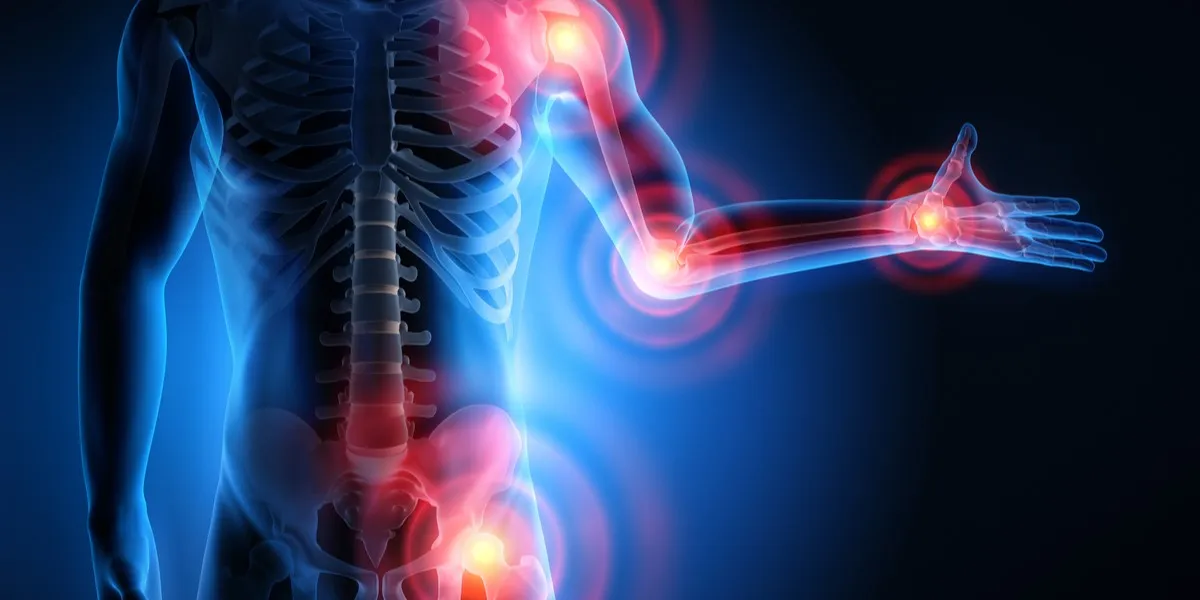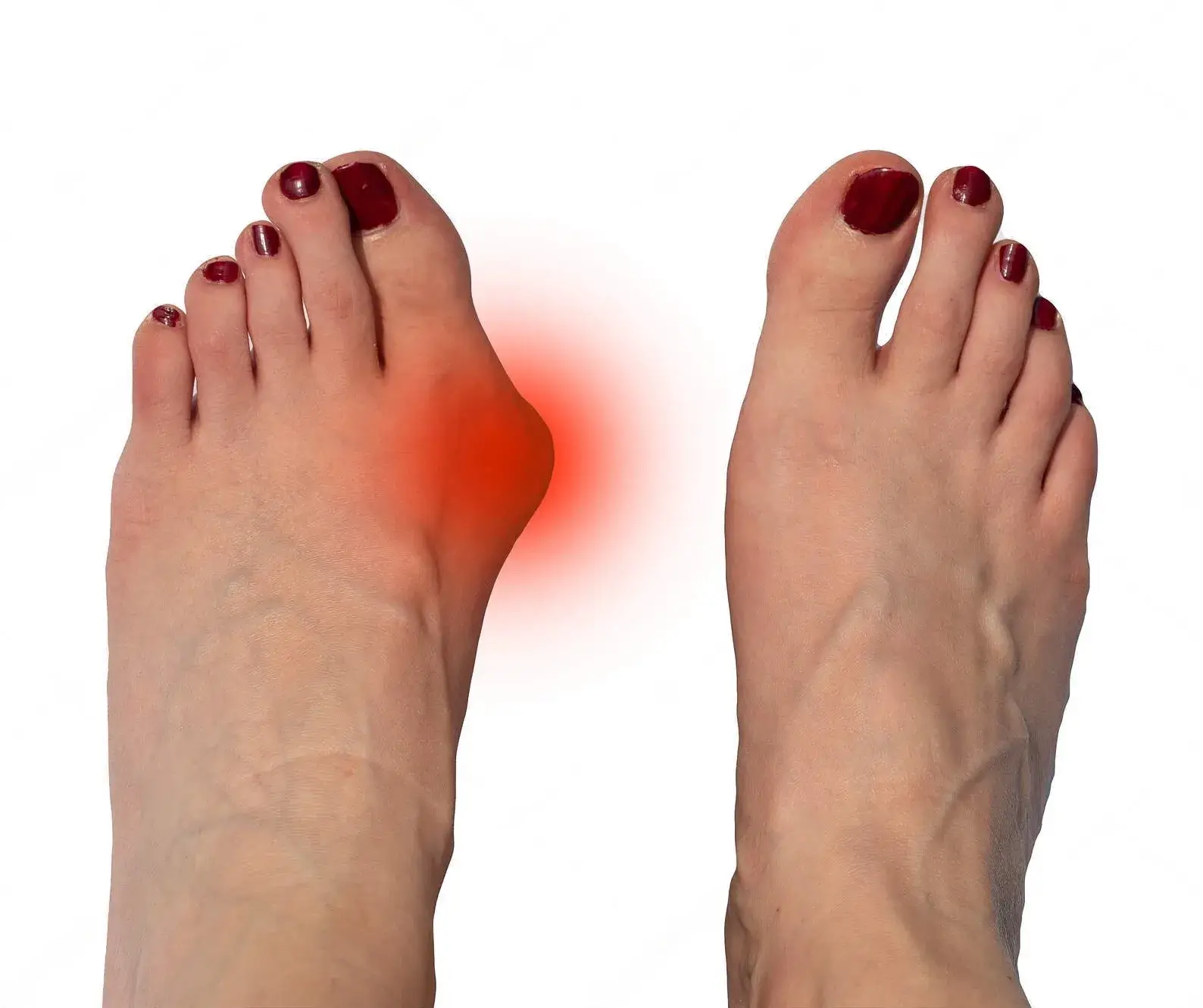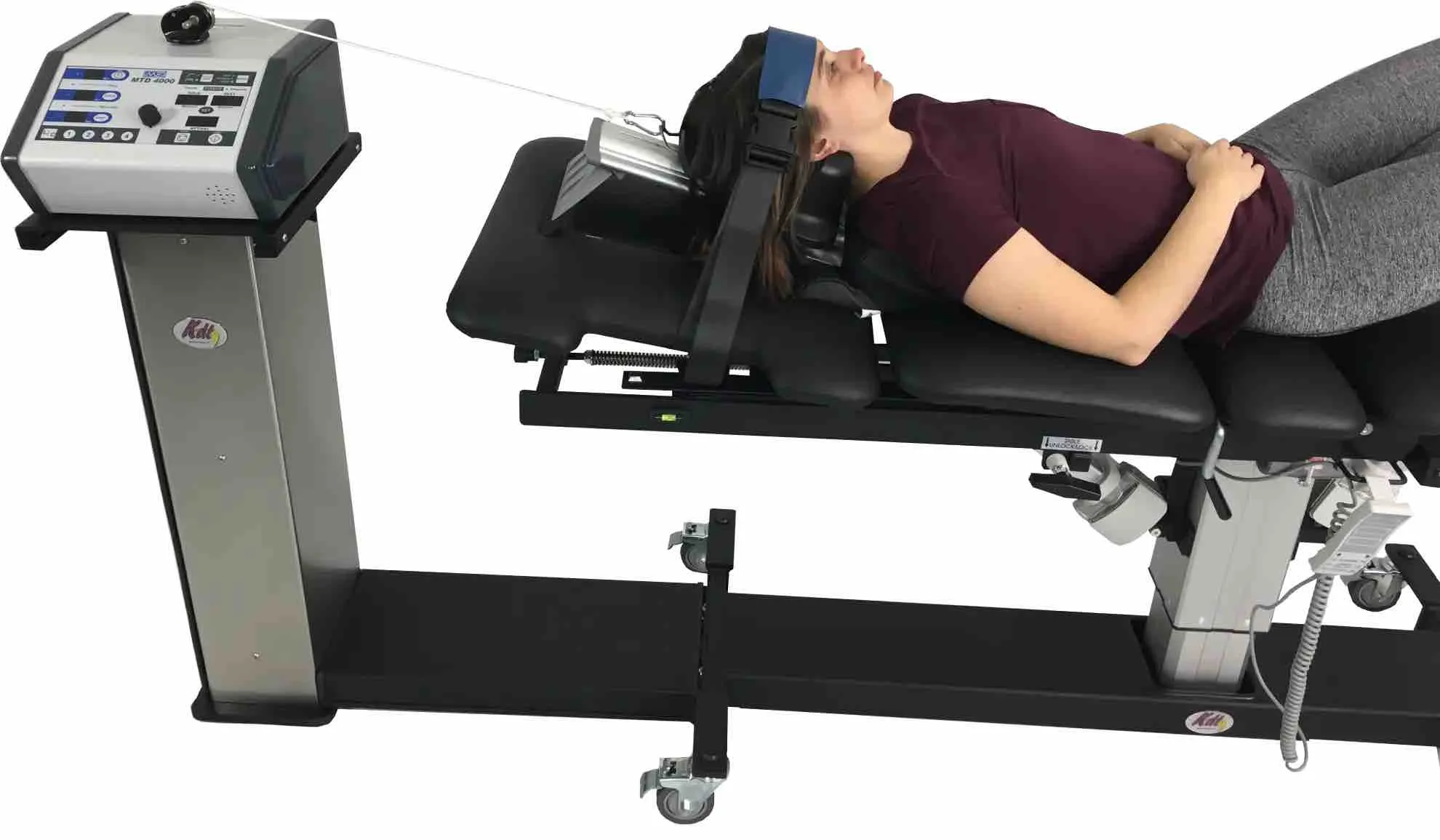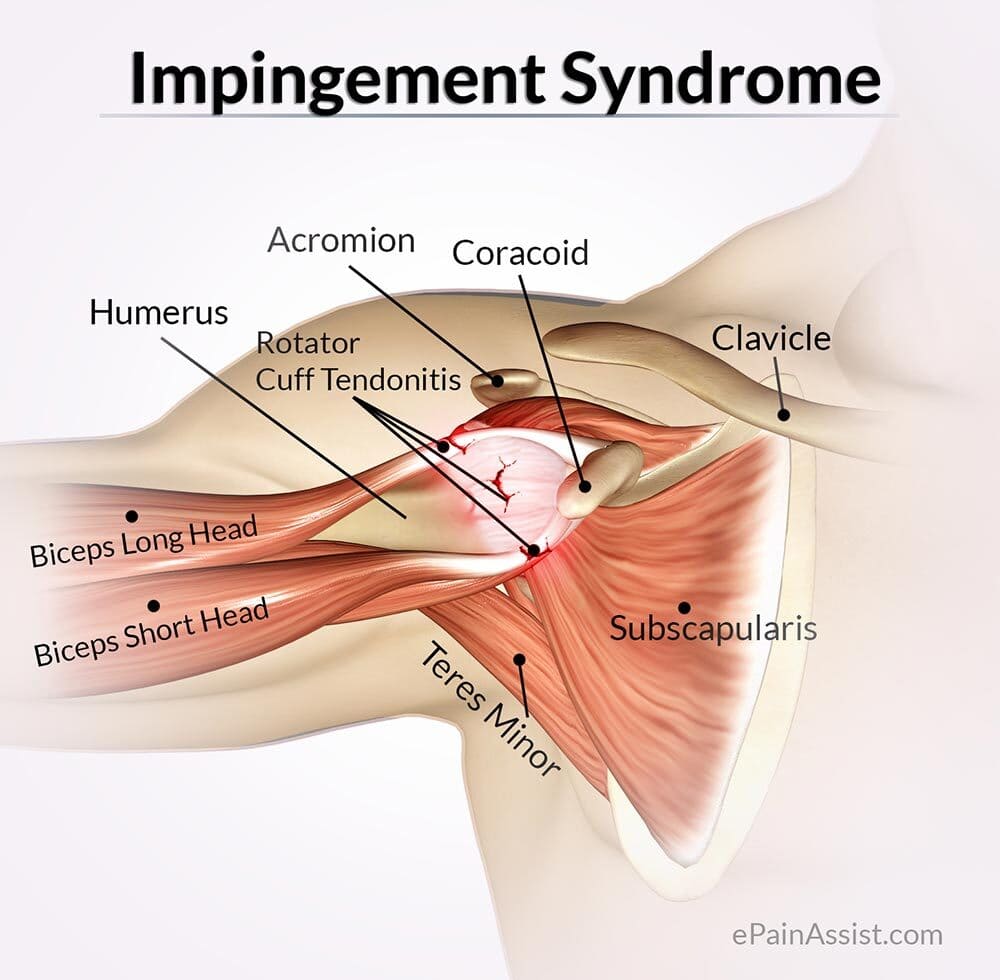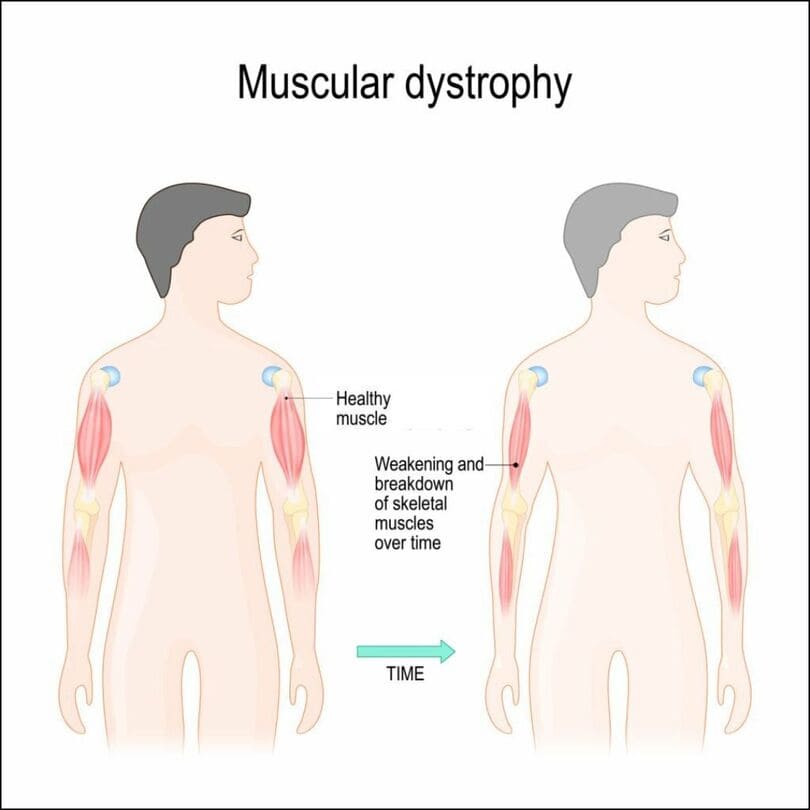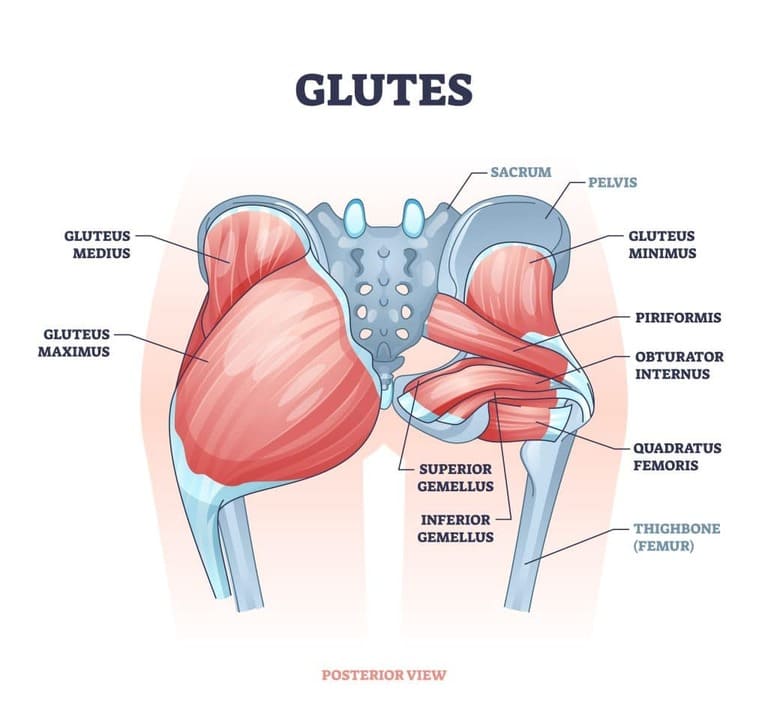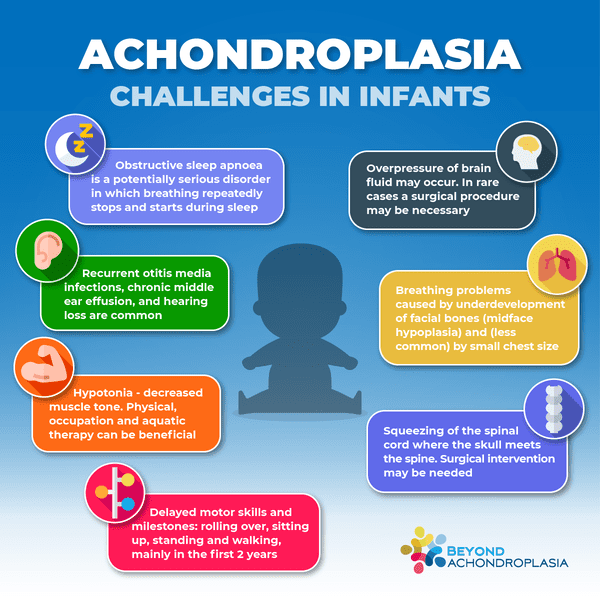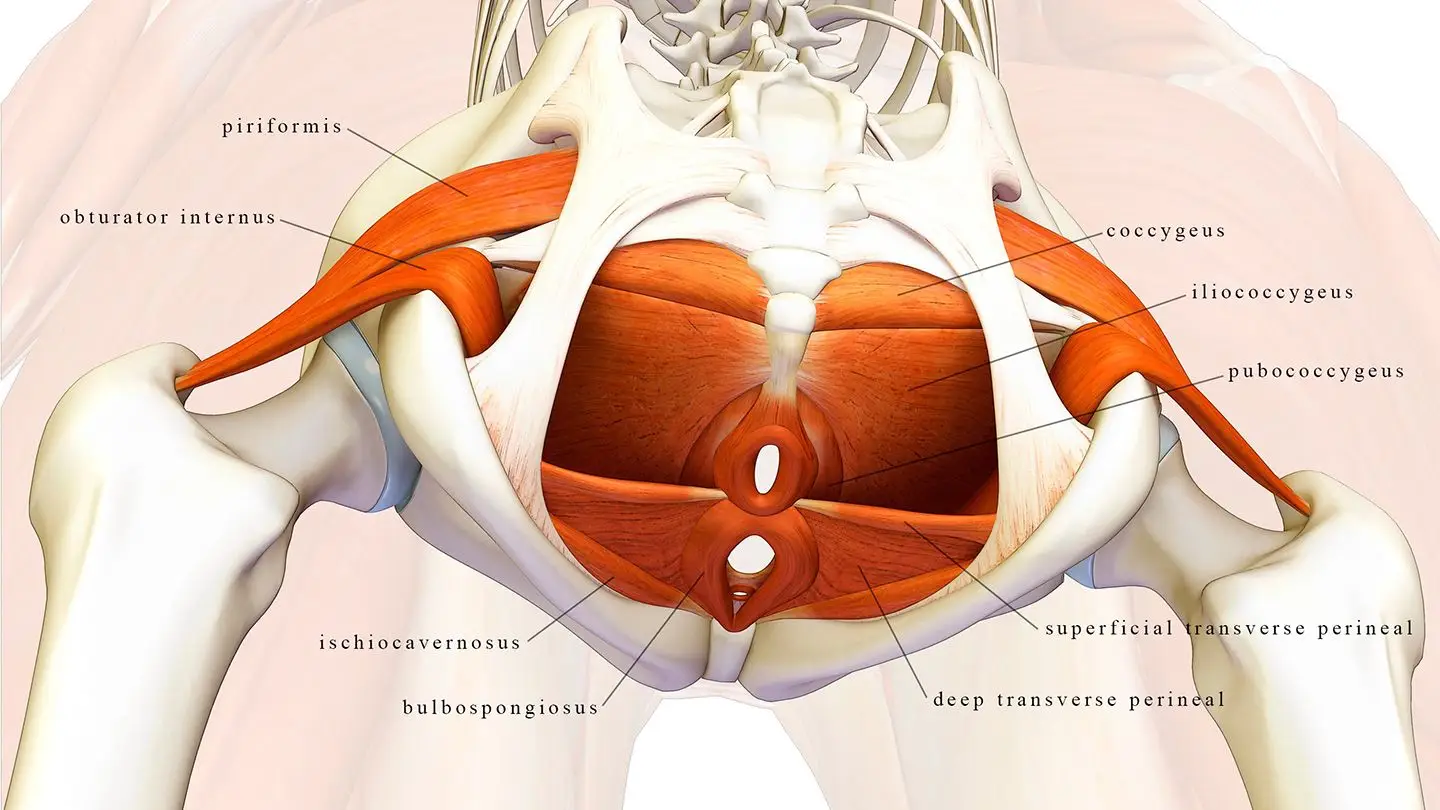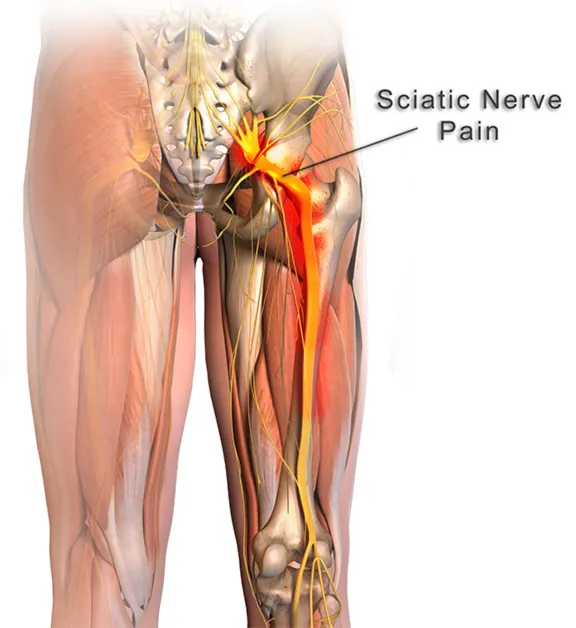
Motor vehicle accidents (MVA) can result in a wide range of injuries, from minor bruises to severe trauma. in the aftermath of such incidents, seeking prompt medical attention is crucial for assessing and addressing any injuries sustained. among the various treatment modalities available, physiotherapy plays a significant role in aiding recovery and restoring functionality. here’s a comprehensive overview of the benefits of physiotherapy for motor vehicle accident injuries, the types of injuries commonly seen, and what to expect during the recovery process.
What Are The Benefits Of Physiotherapy For Motor Vehicle Accident Injuries?
physiotherapy offers numerous benefits for individuals recovering from motor vehicle accident injuries:
- Pain management: physiotherapists employ various techniques, such as manual therapy, exercises, and modalities like ultrasound and electrical stimulation, to alleviate pain and discomfort resulting from injuries sustained in a car accident.
- Restoring mobility and functionality: through targeted exercises and rehabilitation programs, physiotherapy helps restore mobility, strength, and range of motion affected by accident-related injuries. this enables individuals to regain functionality and resume their daily activities more effectively.
- Preventing secondary complications: physiotherapy interventions focus not only on addressing existing injuries but also on preventing secondary complications, such as muscle stiffness, joint contractures, and loss of function, which may arise due to prolonged immobilization or inadequate rehabilitation.
- Tailored treatment plans: physiotherapists assess each patient’s unique condition and design personalized treatment plans tailored to their specific needs and goals. this individualized approach ensures that the rehabilitation process addresses the root cause of injuries and maximizes recovery outcomes.
- Education and self-management: physiotherapy sessions often include education on proper body mechanics, ergonomics, and injury prevention strategies. patients learn techniques for managing pain, performing exercises safely, and optimizing their recovery outside of therapy sessions.
What Types Of Injuries Can Be Seen?
Motor vehicle accidents can result in a wide range of injuries, depending on factors such as the speed of the collision, the point of impact, and the use of seat belts and airbags. common injuries treated by physiotherapists following car accidents include:
- Whiplash: whiplash is a neck injury caused by the rapid back-and-forth movement of the neck during a collision. it can result in symptoms such as neck pain, stiffness, headaches, and difficulty moving the neck.
- Soft tissue injuries: these include sprains, strains, and contusions affecting muscles, tendons, and ligaments. soft tissue injuries can cause pain, swelling, bruising, and limited range of motion in the affected area.
- Fractures and dislocations: motor vehicle accidents can lead to fractures (broken bones) and dislocations (misalignment of bones at a joint), which may require immobilization, surgical intervention, and rehabilitation to facilitate healing and restore function.
- Spinal cord injuries: severe accidents can cause spinal cord injuries, resulting in partial or complete paralysis, loss of sensation, and impaired motor function. physiotherapy plays a crucial role in managing these complex injuries and optimizing functional recovery.
- Head injuries: traumatic brain injuries (TBI) and concussions are common in motor vehicle accidents, with symptoms ranging from mild headaches and dizziness to cognitive impairment and neurological deficits. physiotherapy interventions focus on addressing balance, coordination, and cognitive function in individuals with head injuries.
What To Expect After A Car Accident
After a motor vehicle accident, it is essential to seek medical attention promptly, even if injuries seem minor or non-existent. some injuries, such as whiplash and soft tissue injuries, may not manifest symptoms immediately and can worsen over time if left untreated. following medical assessment and stabilization, individuals may be referred to physiotherapy for further evaluation and treatment. during the initial physiotherapy assessment, the therapist will conduct a thorough evaluation of the individual’s injuries, medical history, and functional limitations. this assessment may include tests to assess range of motion, strength, sensation, and neurological function, as well as a review of imaging studies such as X-rays, CT scans, or MRI scans.
based on the assessment findings, the physiotherapist will develop a personalized treatment plan tailored to the individual’s specific needs and goals. treatment may include a combination of manual therapy techniques, therapeutic exercises, modalities (laser therapy, shockwave therapy, electrotherapy), and education on self-management strategies.
throughout the rehabilitation process, individuals can expect ongoing monitoring of their progress and adjustments to their treatment plan as needed. physiotherapy aims to optimize recovery, restore function, and facilitate a safe return to pre-accident activities and lifestyle.
in conclusion, physiotherapy plays a vital role in the comprehensive management of motor vehicle accident injuries, offering numerous benefits for pain management, mobility restoration, and functional recovery. by addressing a wide range of injuries with personalized treatment plans, physiotherapists help individuals regain independence, improve quality of life, and navigate the road to recovery with confidence.
Appointment Information
Is a referral needed?
In most cases a referral is not needed to book an assessment with one of our physiotherapists.
What if i have third-party health insurance?
we can typically direct bill your insurance company for the cost of treatments that are within 30 days after your visit. if it has been greater than 30 days since your treatment visit, most insurance companies will request that you reimburse through your mobile app or website maximum after 90 days after your treatment visit.
What to expect during your physiotherapy appointment:
during your physiotherapy session, our experienced physiotherapists will conduct a thorough assessment of your injury, devise a personalized treatment plan, administer treatment tailored to your needs, and prescribe a customized home exercise program to aid in your recovery.


